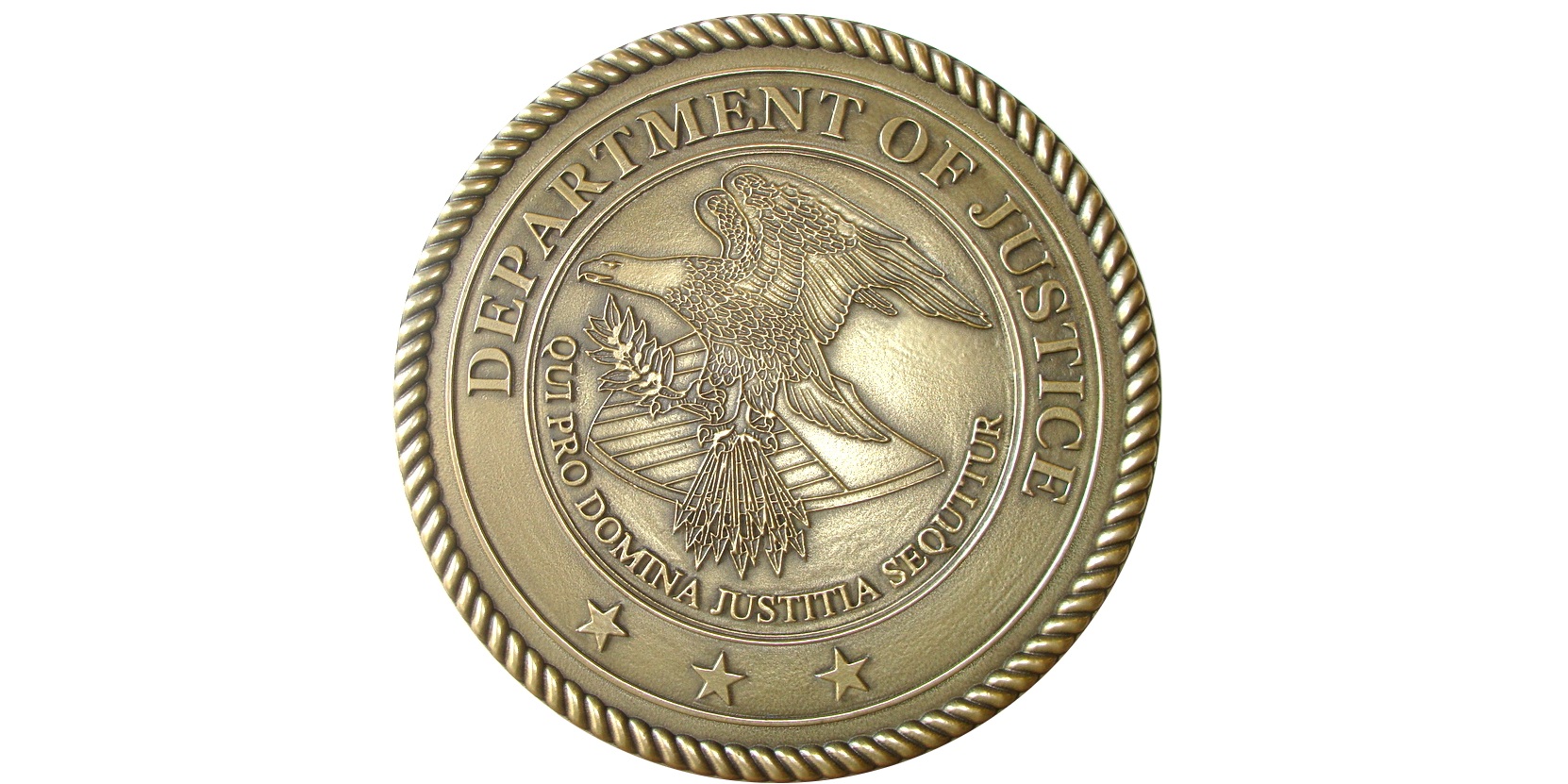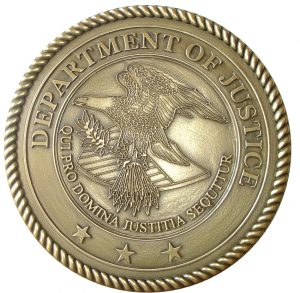A federal grand jury for the District of Colorado has returned an indictment charging two Colorado business owners with conspiring to defraud the U.S., money laundering and filing false claims, according to Richard E. Zuckerman, principal deputy assistant attorney general of the Justice Department’s Tax Division.
According to the indictment, Matthew Taylor and Martin Fields owned businesses in Colorado and New Jersey and allegedly conspired with the owner of a Colorado-based home heating oil business, Shintan Inc., to file more than $7 million in false claims for refundable fuel tax credits with the Internal Revenue Service (IRS).
https://www.justice.gov/opa/press-release/file/1073431/download
Biodiesel Mixture Credit Fraud
A refundable fuel tax credit called the Biodiesel Mixture Credit was available to blenders of biodiesel mixture who used the mixture as a fuel or sold it for use as fuel.
The indictment charges that Taylor and Fields filed multiple false claims for the credit with the IRS and then laundered the proceeds of the scheme through bank accounts they controlled. They allegedly spent the fraudulently obtained funds on a variety of expenses, including $890,000 for a down payment on a house, $16,000 at a clothing store, more than $12,000 at a television store, more than $24,000 towards luxury vacation rentals and paid more than $11,000 to a landscape company.
Enjoying our insights?
Subscribe to our newsletter to keep up with the latest industry trends and developments.
Stay InformedPenalties Faced
If convicted, the defendants face a maximum sentence of five years in prison on the conspiracy to defraud the government count, five years in prison on each false claim count, and 10 years in prison on the money laundering conspiracy count and each money laundering count.
They also face a period of supervised release, restitution and monetary penalties.
An indictment merely alleges that crimes have been committed. A defendant is presumed innocent until proven guilty beyond a reasonable doubt.
Zuckerman thanked special agents of the IRS Criminal Investigation office, the Environmental Protection Agency (EPA), and IRS tax division trial attorneys Leslie A. Goemaat and Arthur J. Ewenczyk, who are prosecuting the case.





















